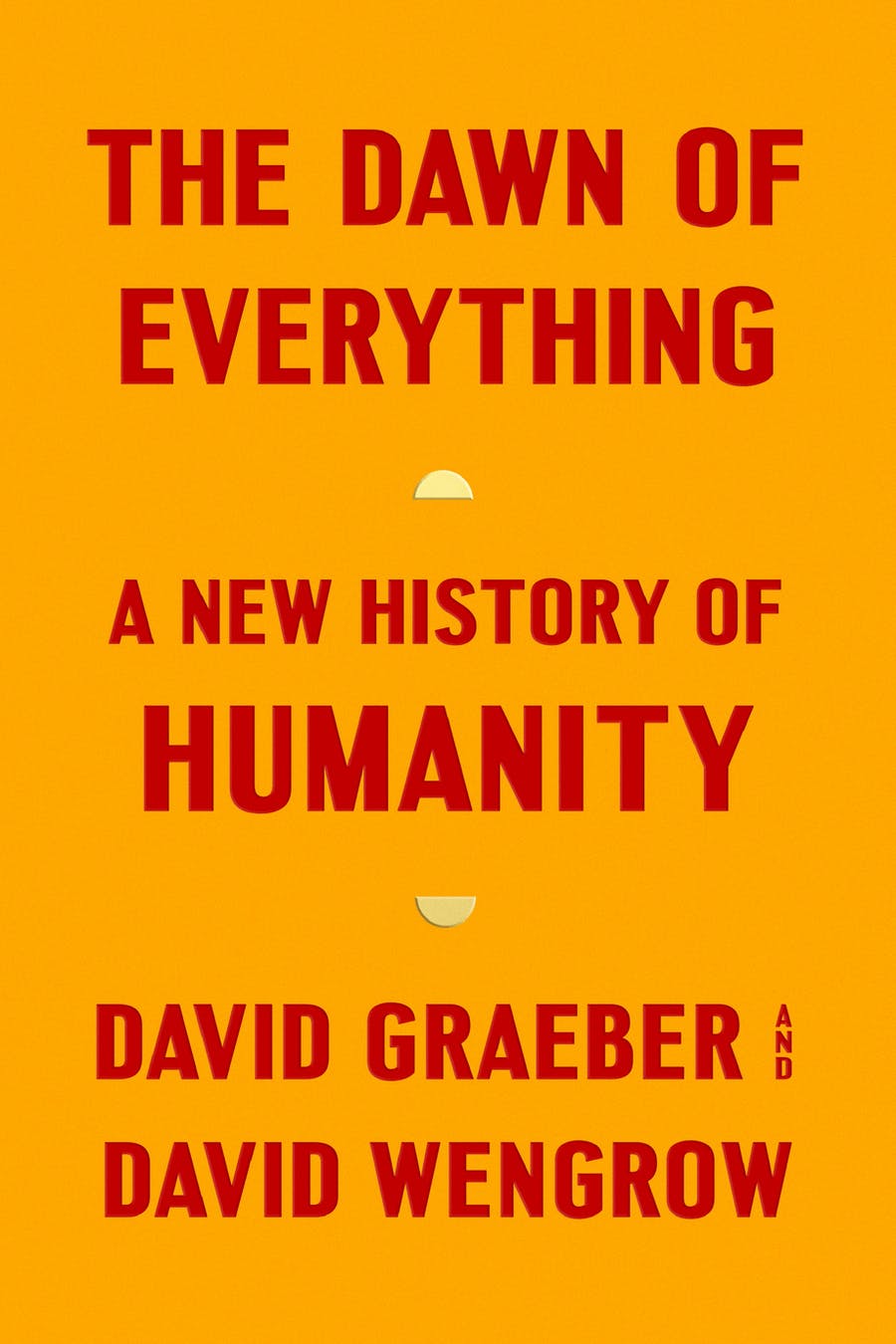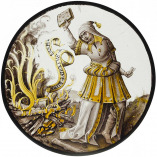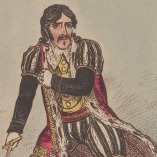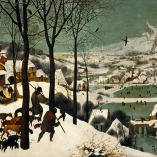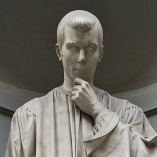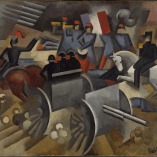
Untitled, by Alberto Valdés, c. 1960. Smithsonian American Art Museum, gift of David and Susan Valdés, 2013.
“If humans did not spend 95 percent of their evolutionary past in tiny bands of hunter-gatherers,” David Wengrow, an archaeologist, and the late David Graeber, an anthropologist, write at the beginning of The Dawn of Everything: A New History of Humanity, “what were they doing all that time? If agriculture and cities did not mean a plunge into hierarchy and domination, then what did they imply? What was really happening in those periods we usually see as marking the emergence of ‘the state’? The answers are often unexpected, and suggest that the course of human history may be less set in stone, and more full of playful possibilities, than we tend to assume.”
This week on the podcast, Lewis H. Lapham speaks with David Wengrow, coauthor of The Dawn of Everything, about these answers and what they mean for the future of a humanity facing ecological catastrophe.
Read Graeber and Wengrow’s essay “Hiding in Plain Sight” in the Democracy issue of Lapham’s Quarterly.
Thanks to our generous donors. Lead support for this podcast has been provided by Elizabeth “Lisette” Prince. Additional support was provided by James J. “Jimmy” Coleman Jr.
